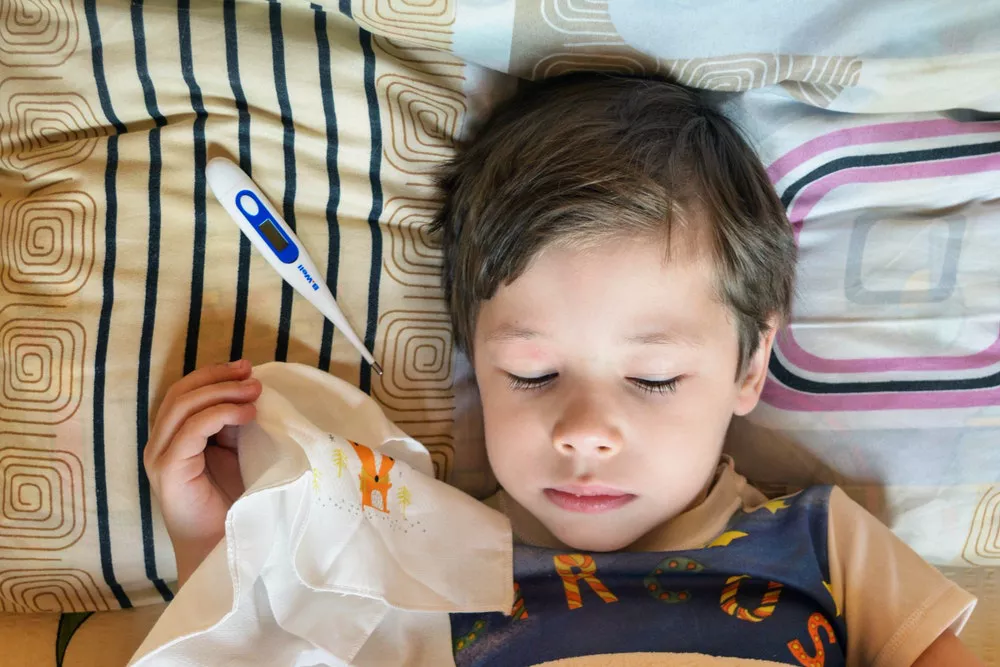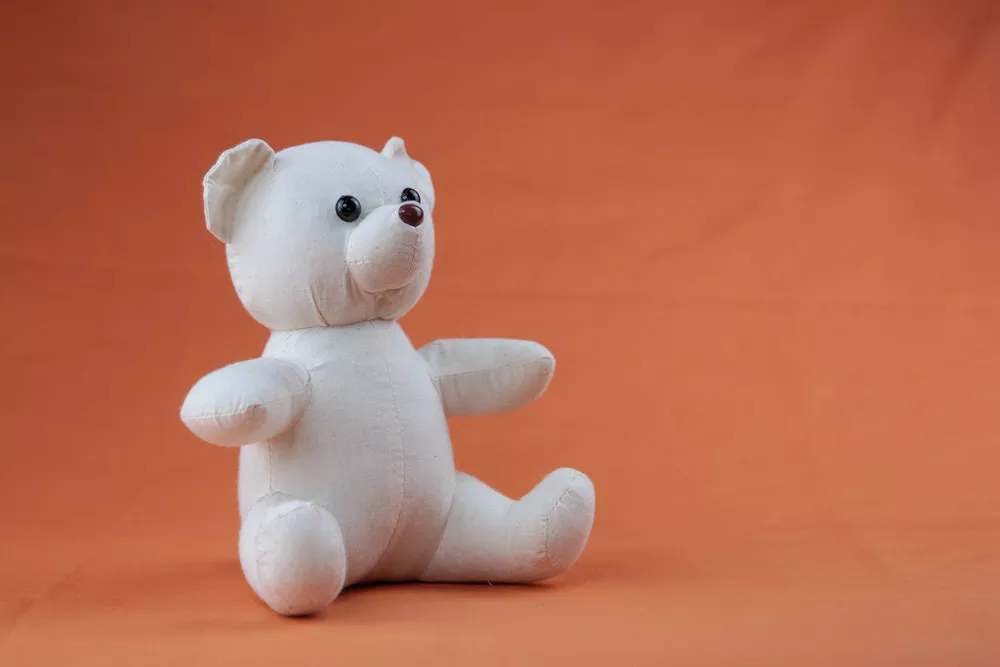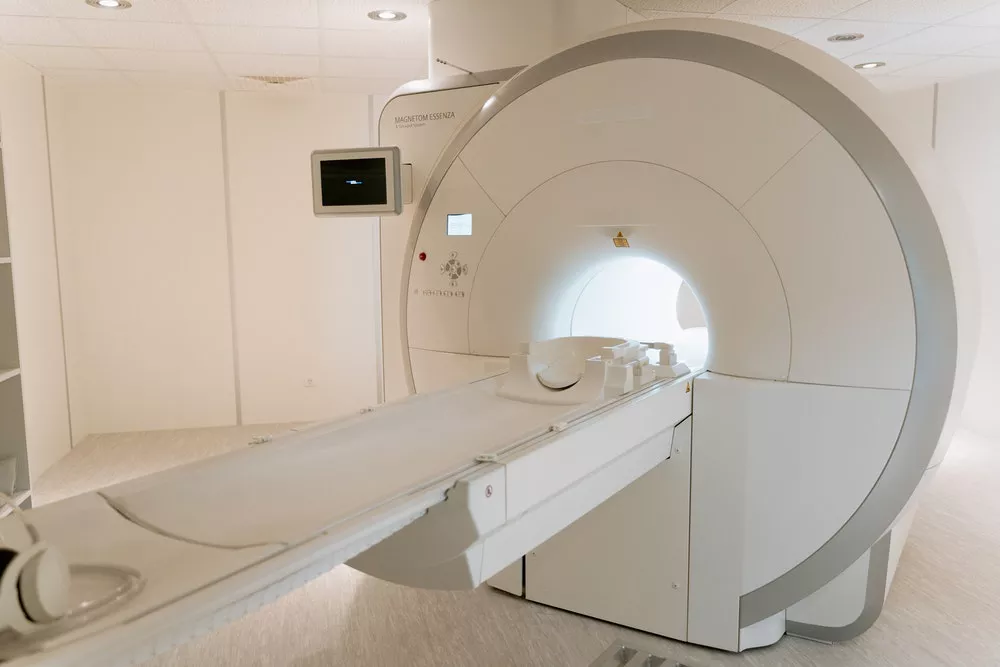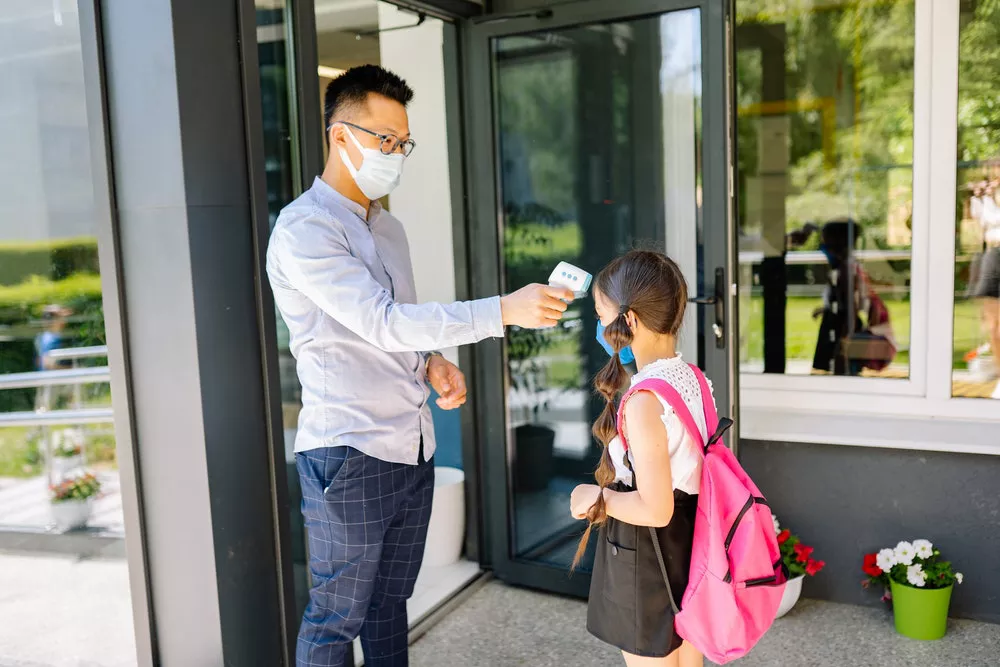Febrile convulsions in children is the complication of high fever, some parents naturally believe that early temperature control will prevent febrile convulsions from occurring.
Can antipyretic prevent febrile convulsions?
The above conclusion based on logical assumptions need to be scientifically verified.However, the result is that neither acetaminophen [1] nor ibuprofen [2] can reduce the risk of recurrent febrile convulsions.
As the authoritative medical institution-the National Institute of Neurological Disorders and Stroke [3]clearly said that most parents take antipyretic drugs such as acetaminophen or ibuprofen for children with fever to make them more comfortable while available research suggests that taking antipyretics does not reduce children's risk of having further febrile convulsions.
The main physiological mechanism by which antipyretics do not prevent febrile convulsions is that in the early stages of fever when the seizure occurs, antipyretics promote heat dissipation but do not prevent a rise in body temperature or lower the temperature threshold that causes a seizure.
In fact, the occurrence of febrile convulsions is mainly controlled by gene. The purpose of timely application of antipyretics is to improve the children's comfort, not to prevent febrile convulsions.
So what can be done to prevent febrile convulsions?
The risk of febrile convulsions can be reduced with anticonvulsant drugs, but these drugs have significant side effects on the child. The vast majority of febrile convulsions are benign and do little harm to children themselves. It is not worth the risk of applying anticonvulsant medications.
For febrile convulsions lasting longer than 5 minutes, the treatment recommendation of uptodate is that:
- 1.For most cases, intravenous administration of benzodiazepines (diazepam 0.1-0.2 mg/kg or lorazepam 0.05-0.1 mg/kg) is effective in terminating the seizure.
- 2.If seizures persist, an additional dose may need to be given.
- 3.If intravenous access is not available, midazolam given via the buccal mucosa is an effective alternative.
And as for chloral hydrate enemas, the guidelines for febrile convulsions in other countries do not recommend it. As early as 1997, a study in Japan compared the effectiveness of chloral hydrate and diazepam enemas found that diazepam enemas were more effective than chloral hydrate in preventing recurrent febrile convulsions [4].




